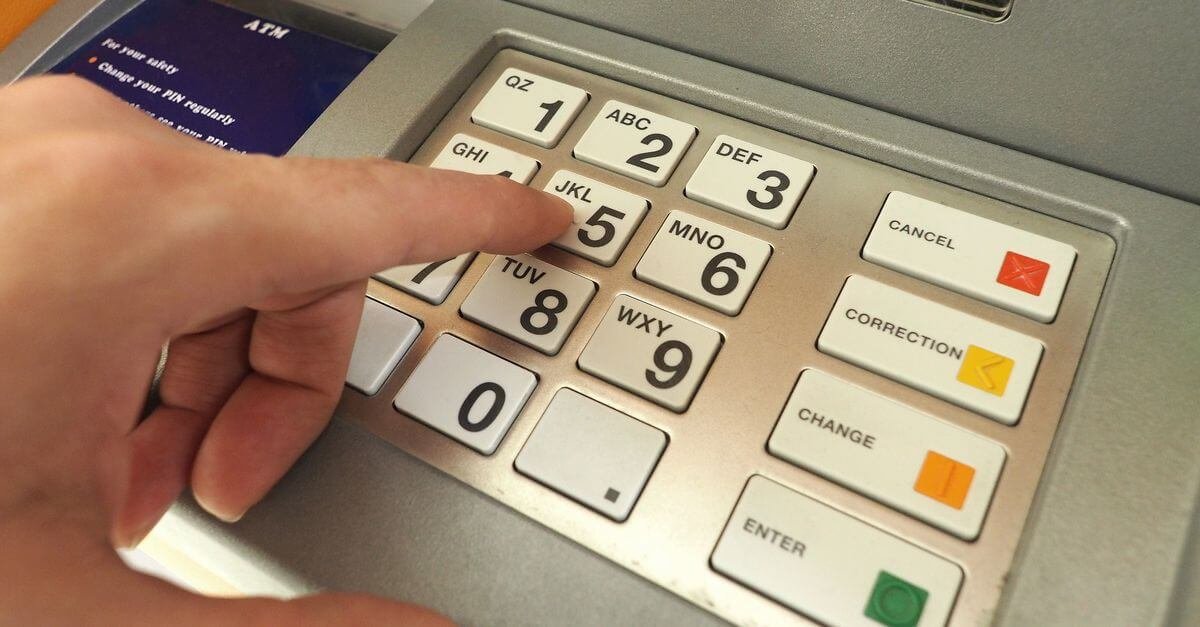Depositing cash at an ATM is a convenient option for those who want to skip lines at the bank. This method provides a quick way to handle transactions. Knowing these details, from checking whether an ATM accepts cash to understanding deposit limits, can help avoid complications. In this article, we will explore how ATM cash deposits work, the restrictions in place, and why it’s important to be aware of them.
Can You Deposit Cash at an ATM?
Can you deposit cash at an ATM? The answer ultimately depends on the ATM and the bank. Not all ATMs accept cash deposits, and some may have restrictions. Verifying whether an ATM allows cash deposits, particularly outside the account holder’s bank, is crucial. In-network ATMs generally allow easier deposits with fewer restrictions, while out-of-network ATMs may not offer this option.
ATMs that accept cash typically limit the amount deposited per transaction. These limits are designed to ensure the machine can handle the deposit securely. Checking the bank’s guidelines on cash deposits can prevent issues during the process.
Cash Deposit Limits at ATMs
Many ATMs limit the amount of cash deposited in a single transaction. These limits vary by bank and are usually set to prevent fraud and ensure safe processing. Depending on the institution, deposit limits can range from a few hundred to several thousand dollars.
In some cases, there may also be daily deposit limits. This means multiple deposits may be necessary if a large amount of cash is needed. These limits protect the customer and ensure the bank can process large sums safely and accurately.
SoFi adds more context to how deposit limits at ATMs work: “Cash can typically be deposited in specific amounts, with limitations on the number of bills accepted at once, usually between 40 to 50.”
Processing Time for Cash Deposits
While ATM cash deposits are often credited immediately, processing can be delayed, especially if deposits are made outside business hours. Many banks will process deposits after hours or on weekends on the next business day. It is important to remember this if immediate access to the funds is needed.
The location of the ATM also affects processing time. Deposits made at ATMs outside the bank’s network may take longer to process, which could delay the funds appearing in the account. Checking the bank’s processing time policies can help avoid surprises.
Security Measures for ATM Cash Deposits
Security is essential when making cash deposits at ATMs. Banks equip ATMs with cameras and encryption to ensure the safety of transactions. Customers often must provide a PIN or security code to complete the deposit.
Personal safety should also be a priority when depositing cash at ATMs. Using ATMs in well-lit, secure areas can reduce the risk of potential theft. If an ATM malfunctions or there are any issues with the deposit, contacting the bank immediately can help resolve the problem quickly.
Is It Possible to Deposit Cash at Any ATM?
Not all ATMs allow cash deposits, especially those outside the bank’s network. Before attempting a deposit, checking whether the ATM is in-network is essential. Depositing at an out-of-network ATM can lead to delays and may involve fees.
Some banks charge fees for using ATMs outside their network. These fees can add up, especially for frequent deposits. Using in-network ATMs can save time and money and ensure faster fund processing.
Depositing cash at ATMs is convenient for handling finances, but knowing the rules and limits is crucial to making sure your money is secure. From ensuring the ATM accepts cash to understanding deposit limits and processing times, being informed can prevent unnecessary hassles. Following these guidelines allows customers to use ATMs efficiently and confidently for everyday banking needs.

